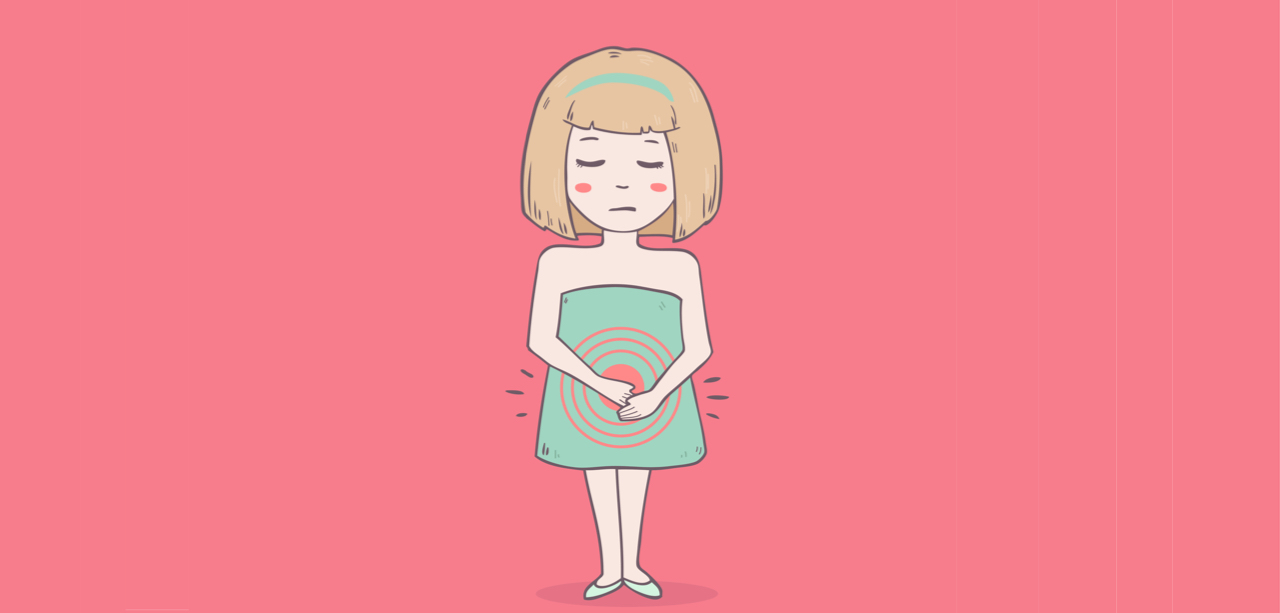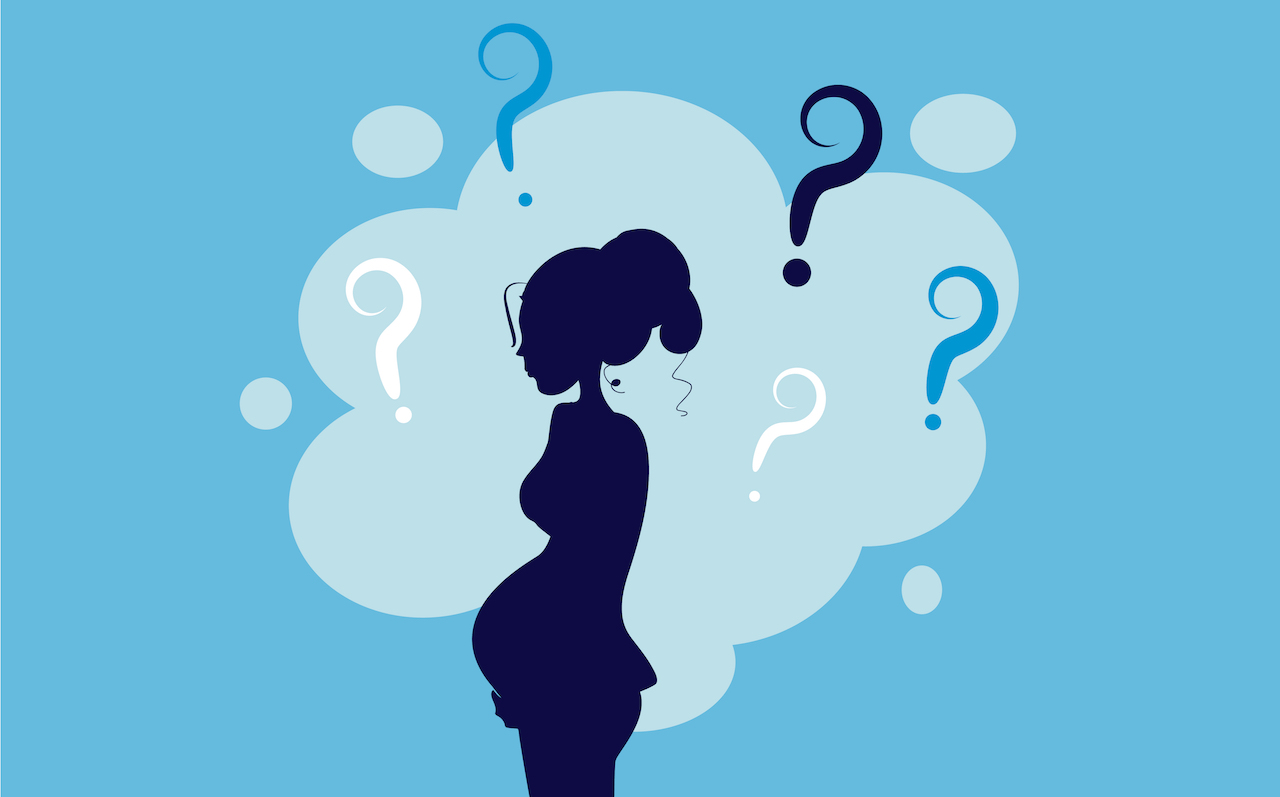It’s that time of the month when your PMS (premenstrual syndrome) symptoms descends in full and living colour. You’re in pain, cranky and irritable. You want to eat everything in sight and curl up into a warm bed.
Aches, pains, cramps, mood swings; why does it all hurt so bad?
Each month, your ovaries release one egg. The ovulation process happens before and during your menstrual cycle. The lining of your uterus thickens with blood, and your egg moves into one of the Fallopian tubes. Here, it waits to be fertilised, or is shed by your body through the vagina resulting in: periods. Before and during ovulation, your hormone function shifts and affects your entire body.
When this cycle begins, they bring along some visitors:
- Sore breasts: Hormone changes in your body are the cause of tenderness and heaviness in your breasts. The oestrogen enlarges your breasts and the progesterone causes your milk glands to swell. The symptoms are part of your PMS-ing stage. It usually begins a week before your period and may disappear when menstrual bleeding starts.
- Bloating: Your hormones go out of whack during your cycle and cause fluid retention.
Tip: Cut down on your salt, sugar, caffeine and alcohol for this time, as these are bloating triggers.
- Cramps/back pain: Your muscles tighten and relax to get the blood out of your uterus. This causes the sharp feeling of pain in your stomach and back.
- Pelvis pain: Irritable bowel syndrome is responsible for pelvis pain. This is that pain your stomach which causes diarrhoea, wind and constipation.
Why it hurts
Some lucky women have painless periods, while others struggle with painful cramps (dysmenorrhea)! Some even compare it to early labour contractions. The cramps can range from mild to throbbing. What happens, is the muscle of the walls of your uterus contract and a chemical called “prostaglandin” is released from the lining of the uterus. This substance increases the strength of the contractions. The pain can strike a day or two before your period and last for two to four days during your period. Some women have nausea, vomitting, diarrhoea and dizziness during their period.
Soothe the pain
- Apply heat to your lower abdomen and back to relax your muscles. A hot shower or bath and a hot water bottle will help.
- Over-the-counter medication can help. Stick to painkillers like ibuprofen, aspirin or paracetamol.
- Yoga and other stretching exercises can ease the cramps.
- According the University of Maryland Medical Center, Vitamin B1, Vitamin D, Vitamin E, magnesium, Omega-3 fatty acids and calcium citrate, can help with menstrual pain.
- Birth control pills can balance your hormones and lessen heavy flow.
Foodie friends
- Green tea is said to help soothe cramps.
- Relieve the bloating and cramps by drinking two to three litres of water.
- Potassium and Vitamin B6 can help with cramping and water retention. Get your fill from a banana.
- Oats are filled with anti-cramping vitamins like zinc and magnesium. This will help with the painful menstrual cycle.
- Pineapples contain an enzyme called bromelain, which has anti-inflammatory and anti-swelling properties to reduce the cramps.
- Ginger tea has soothing properties to calm stomachache, relax muscles and prevent nausea and vomitting.
- During your period you lose iron. Replace your stores with chicken, fish and green leafy vegetables.
- Cinnamon tea with its natural healing ingredients can quell bloating, wind, and indigestion.
References
- http://www.medicalnewstoday.com/articles/157333.php
- http://www.webmd.com/women/menstrual-cramps#1
- http://www.umm.edu/health/medical/altmed/condition/menstrual-pain
- http://www.webmd.com/women/guide/heavy-period-causes-treatments#1
- http://www.huffingtonpost.ca/2012/07/26/foods-for-cramps-10-foods_n_1701837.html
- http://www.healwithfood.org/menstrualcramps/foods.php
- http://www.healthline.com/health/breast-premenstrual-tenderness-and-swelling#overview1
- https://theperiodvitamin.com/bloating-during-period.html
- http://fibroidnaturaltreatment.com/herbs-to-stop-heavy-bleeding-with-fibroids-the-case-for-cinnamon/
- https://metabolichealing.com/decoding-interpreting-your-food-cravings/
- http://www.livestrong.com/article/520036-what-vitamin-do-i-need-if-i-crave-ice-cream/
- https://www.mindbodygreen.com/0-14666/why-you-crave-salty-snacks-what-you-can-do-about-it.html



